The pursuit of thick, healthy hair has led millions to explore both ancient herbal remedies and modern pharmaceutical interventions. Among these, rosemary and minoxidil have become front-runners in the battle against hair loss. While minoxidil is a well-established, FDA-approved treatment, rosemary has surged in popularity as a natural alternative with fewer side effects. This article dives deep into the science behind rosemary’s hair growth benefits, compares it to minoxidil, and explains why rosemary is emerging as a safer, nature-driven replacement.
The Effect of Rosemary on Hair Growth
Rosemary (Rosmarinus officinalis) has been revered for centuries in Mediterranean cultures for its culinary, medicinal, and cosmetic properties. Modern research now validates its role in promoting hair health. Here’s how rosemary works:
1- Stimulates Blood Circulation
Rosemary contains compounds like rosmarinic acid and carnosol, which enhance blood flow to the scalp. Improved circulation ensures hair follicles receive more oxygen and nutrients, creating an optimal environment for growth. A 2015 study published in Skinmed found that rosemary oil was as effective as minoxidil in treating androgenetic alopecia (pattern baldness), with participants showing significant hair regrowth after six months of use.
2- Fights Oxidative Stress
Free radicals from pollution, UV rays, and stress damage hair follicles, leading to thinning and shedding. Rosemary’s high antioxidant content neutralizes these harmful molecules, protecting follicles and prolonging the hair growth cycle.
3- Reduces Inflammation
Scalp inflammation is a common cause of hair loss, often linked to conditions like dandruff or psoriasis. Rosemary’s anti-inflammatory properties soothe irritation and create a healthier scalp environment.
4- Balances DHT Levels
Dihydrotestosterone (DHT), a hormone derived from testosterone, binds to hair follicles and shrinks them, leading to male- and female-pattern baldness. Rosemary inhibits the enzyme 5-alpha-reductase, which converts testosterone to DHT, thereby slowing hair loss.
Comparison Between Rosemary and Minoxidil
Minoxidil, the active ingredient in Rogaine, is a topical vasodilator that prolongs the anagen (growth) phase of hair follicles. While effective, it’s not without drawbacks. Let’s compare the two:
|
Factor |
Rosemary |
Minoxidil |
|
Mechanism |
Improves circulation, reduces DHT, and combats inflammation and Oxidative stress. |
Widens blood vessels to extend hair growth phase. |
|
Speed of Results |
Gradual improvement over 4–6 months. |
Visible results in 3–6 months. |
|
Application |
Applied as oil, rinse, shampoo ..etc (Read more about Luminneal5) |
Topical solution or foam. |
|
Sustainability |
Addresses root causes of hair loss. |
Treats symptoms, not underlying issues. |
|
Key Takeaway: Both rosemary and minoxidil stimulate hair growth, but rosemary works holistically by improving scalp health, while minoxidil focuses solely on extending follicle activity. |
||
Rosemary as a Natural Replacement for Minoxidil
The shift toward natural wellness has positioned rosemary as a compelling alternative to minoxidil. Here’s why:
1. No Risk of Dependency
Minoxidil requires lifelong use to maintain results—stopping treatment leads to rapid shedding. Rosemary, however, strengthens follicles over time, offering sustainable benefits even after discontinuation.
2. Holistic Scalp Benefits
Unlike minoxidil, rosemary doesn’t just target hair growth. Its antimicrobial properties fight dandruff, while its moisturizing effects prevent dryness. This makes it a multitasking solution for overall scalp health.
3. Versatility
Rosemary can be used in multiple forms as oil, rinse, shampoo ..etc (Read more about Luminneal5)
4. Suitable for All Hair Types
Rosemary is gentle enough for color-treated, curly, or sensitive scalps, unlike minoxidil, which may cause irritation or alter hair texture.
Rosemary Avoids Minoxidil’s Side Effects
Minoxidil’s side effects are a major deterrent for many users:
- Dryness and Flaking: Alcohol-based minoxidil solutions strip the scalp of natural oils.
- Itching and Redness: Propylene glycol in minoxidil irritates sensitive skin.
- Unwanted Hair Growth: Overapplication can cause facial or body hair growth.
- Rarely may have some systemic side effects.
Rosemary, on the other hand, is free of these risks:
- Gentle on the Scalp: Its natural oils hydrate rather than dry.
- No Systemic Effects: Topical use rarely causes adverse reactions.
- Safe for Long-Term Use: No evidence of toxicity or dependency.
A 2022 review in Phytotherapy Research confirmed rosemary’s safety profile, noting minimal irritation when properly diluted and used.
Conclusion
Rosemary is Nature’s Answer to Hair Loss:
While minoxidil remains a go-to for rapid hair regrowth, rosemary offers a safer and holistic solution. Its ability to nourish the scalp, reduce DHT, and prevent inflammation makes it a powerful ally in maintaining long-term hair health. For those wary of chemicals or side effects, rosemary is nature’s miracle—a gentle yet potent remedy rooted in centuries of tradition and backed by modern science.
Whether you’re battling thinning hair or seeking preventive care, integrating rosemary into your routine could be the key to unlocking stronger, fuller locks—without compromising your scalp’s health. As the demand for natural alternatives grows, rosemary stands tall as a testament to the timeless wisdom of botanical medicine.
Final Verdict: For sustainable results and scalp harmony, rosemary is a worthy contender against minoxidil. Embrace nature’s gift, and let your hair thrive!





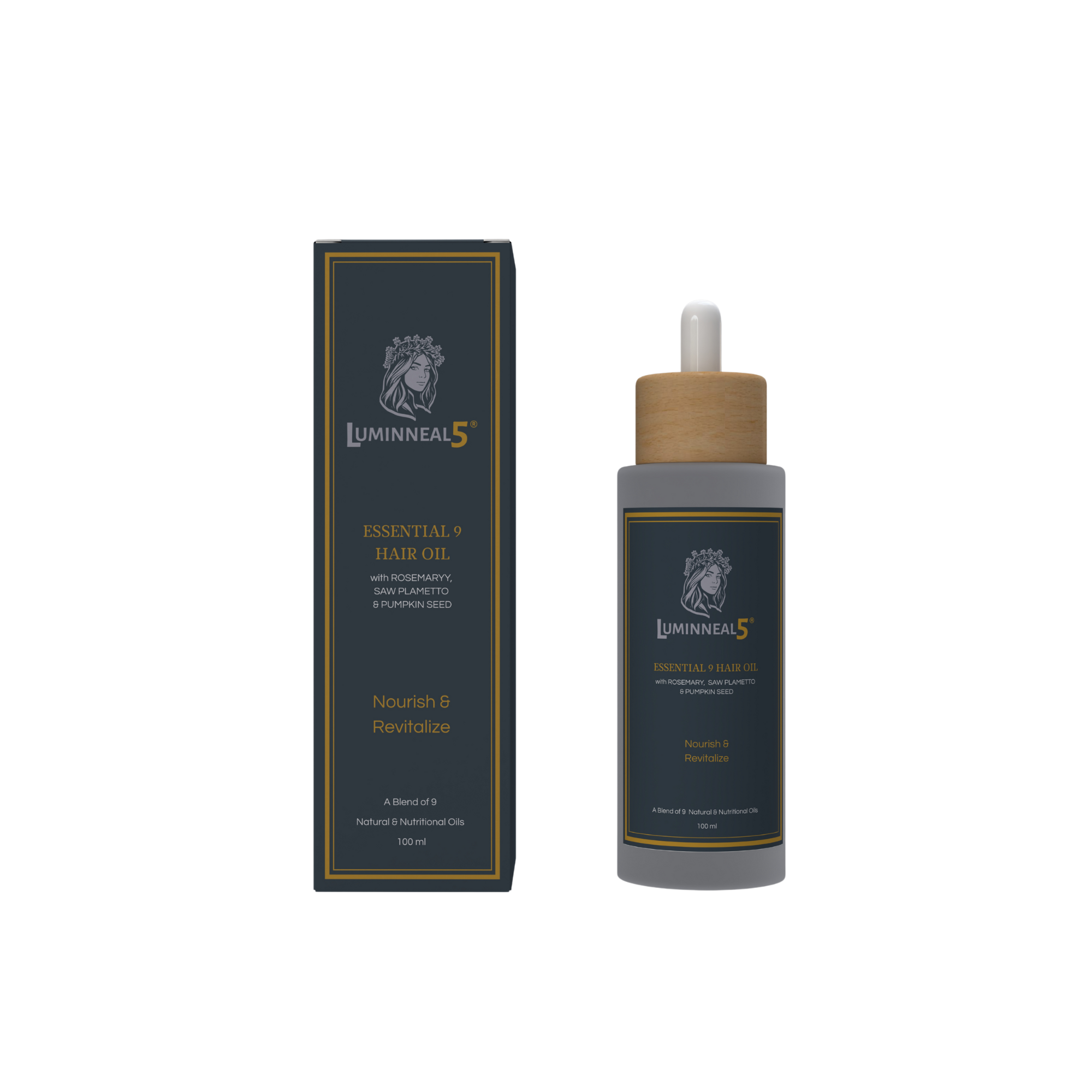




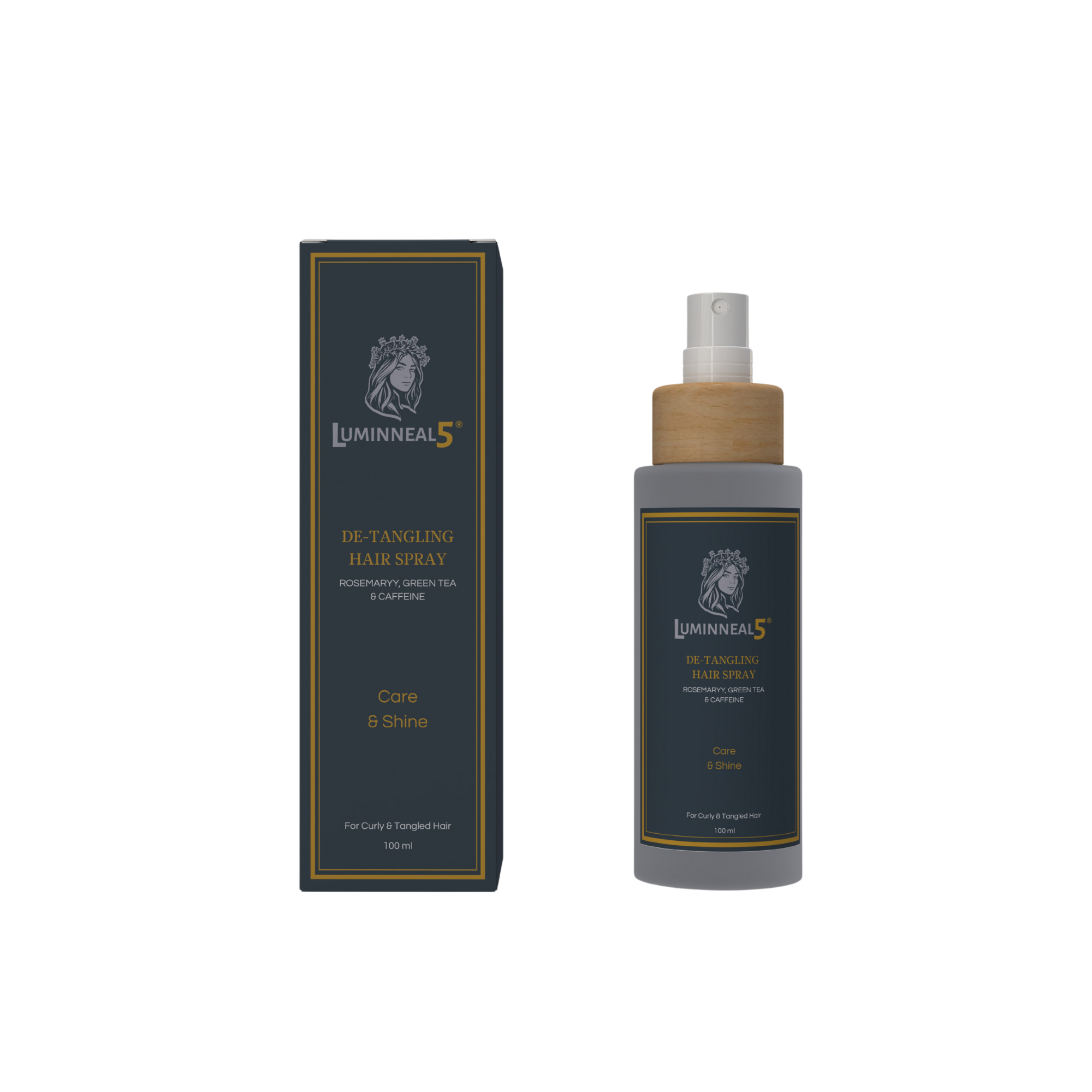




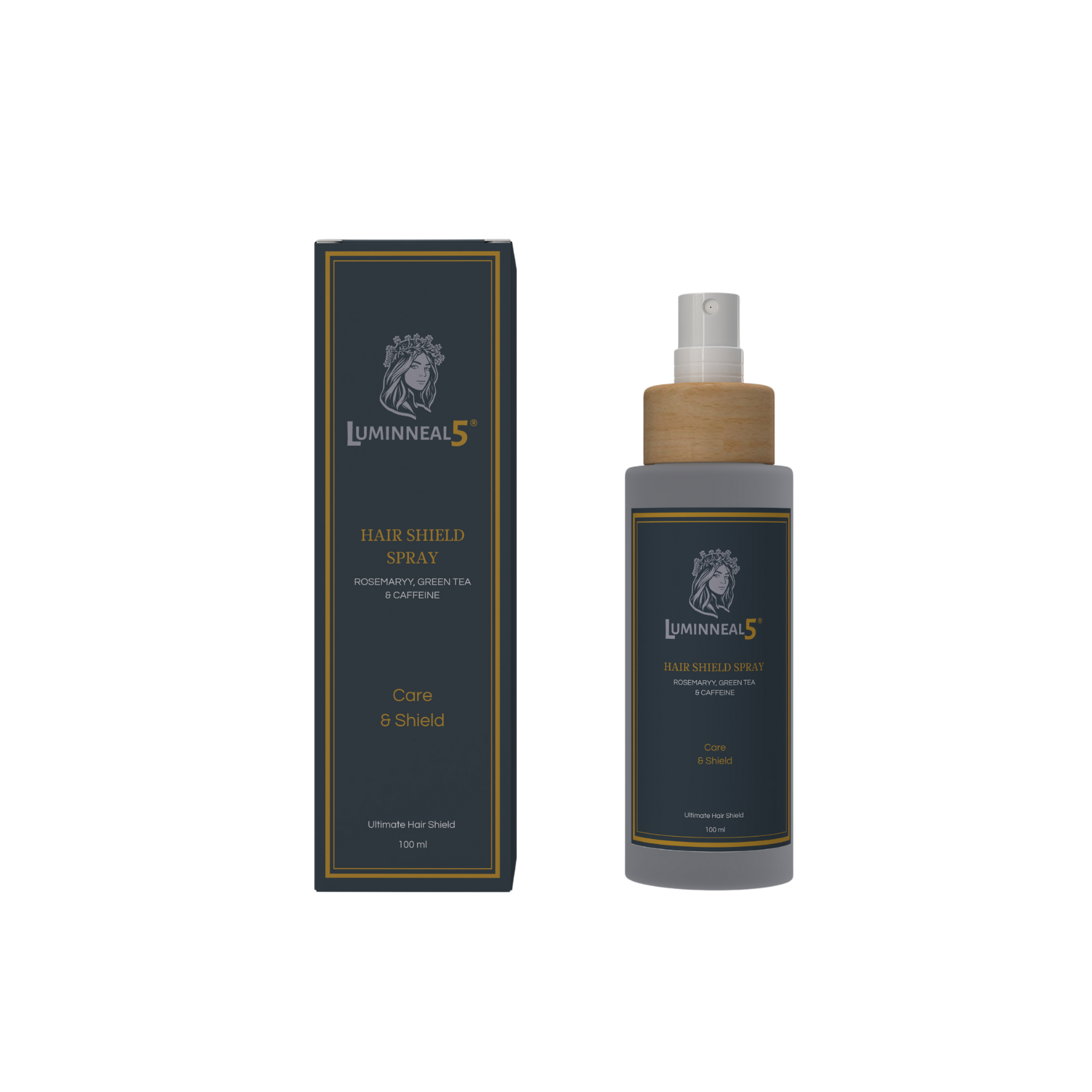




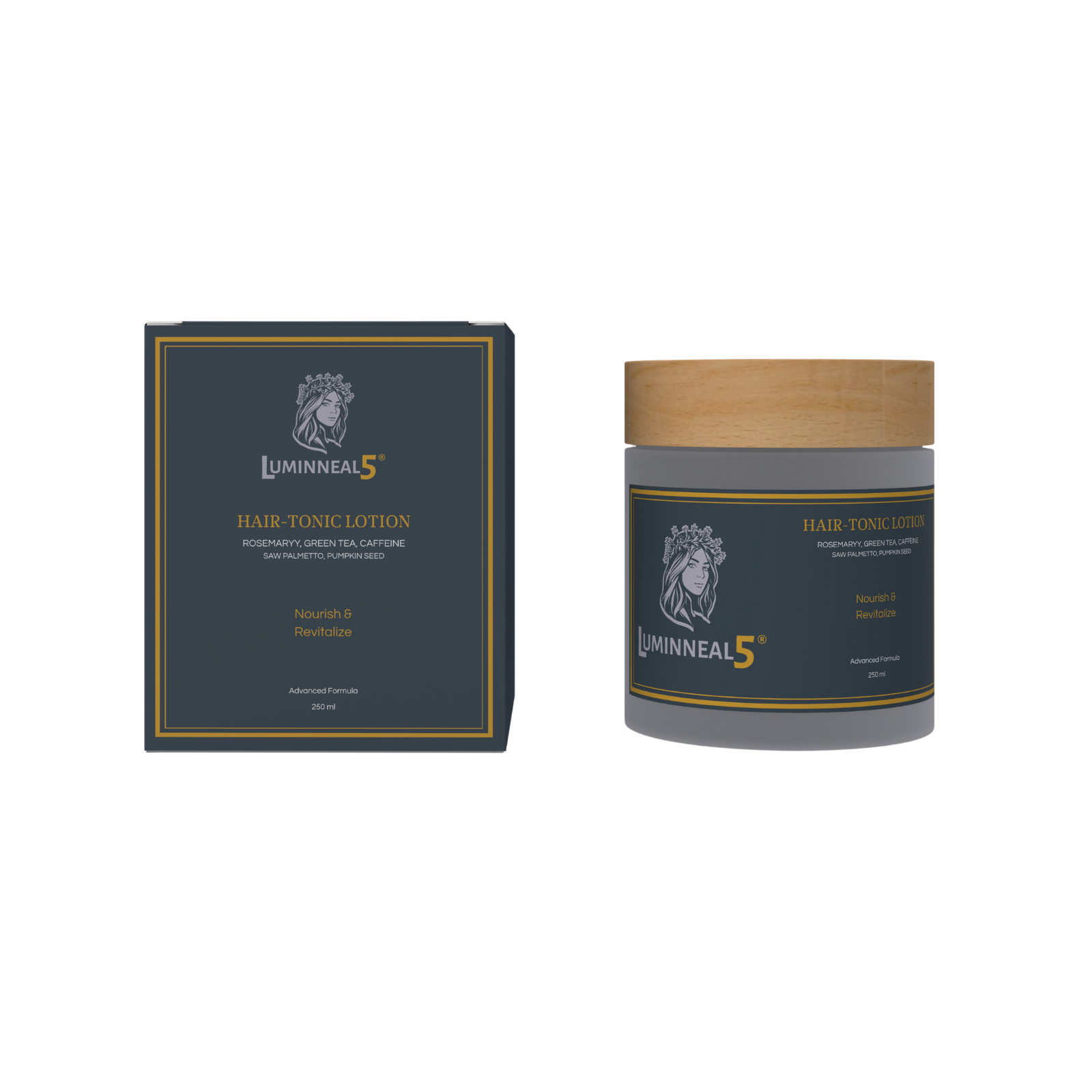




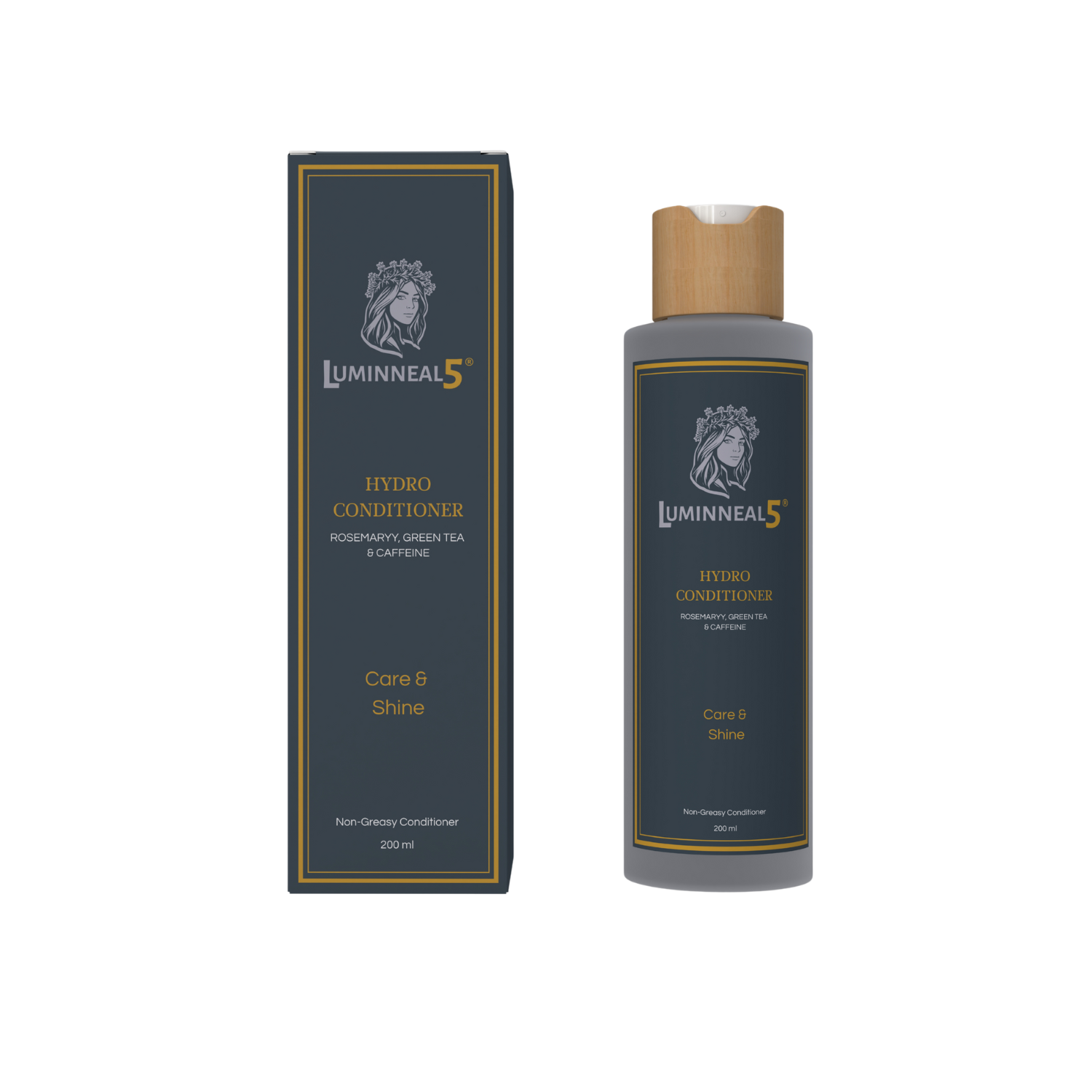




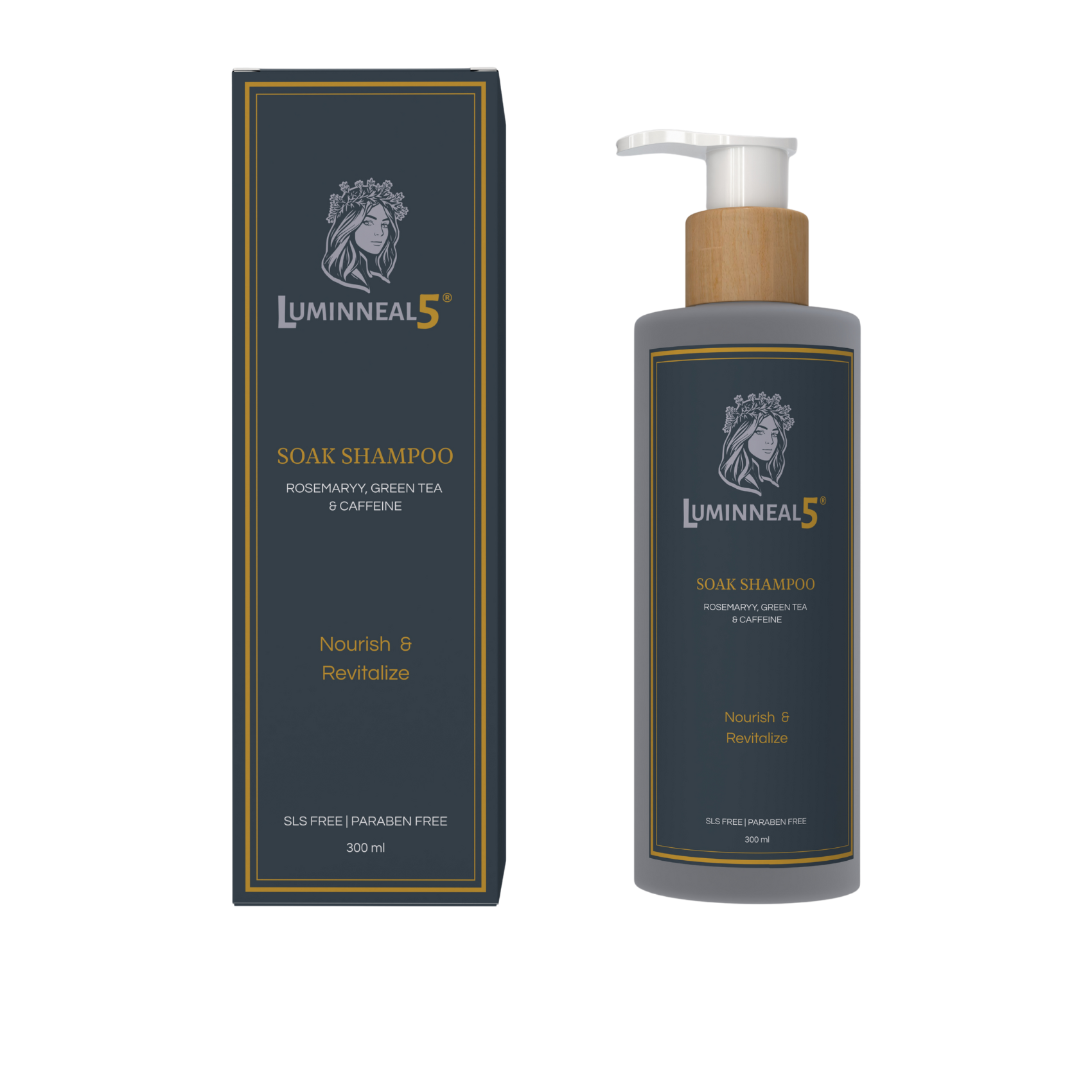




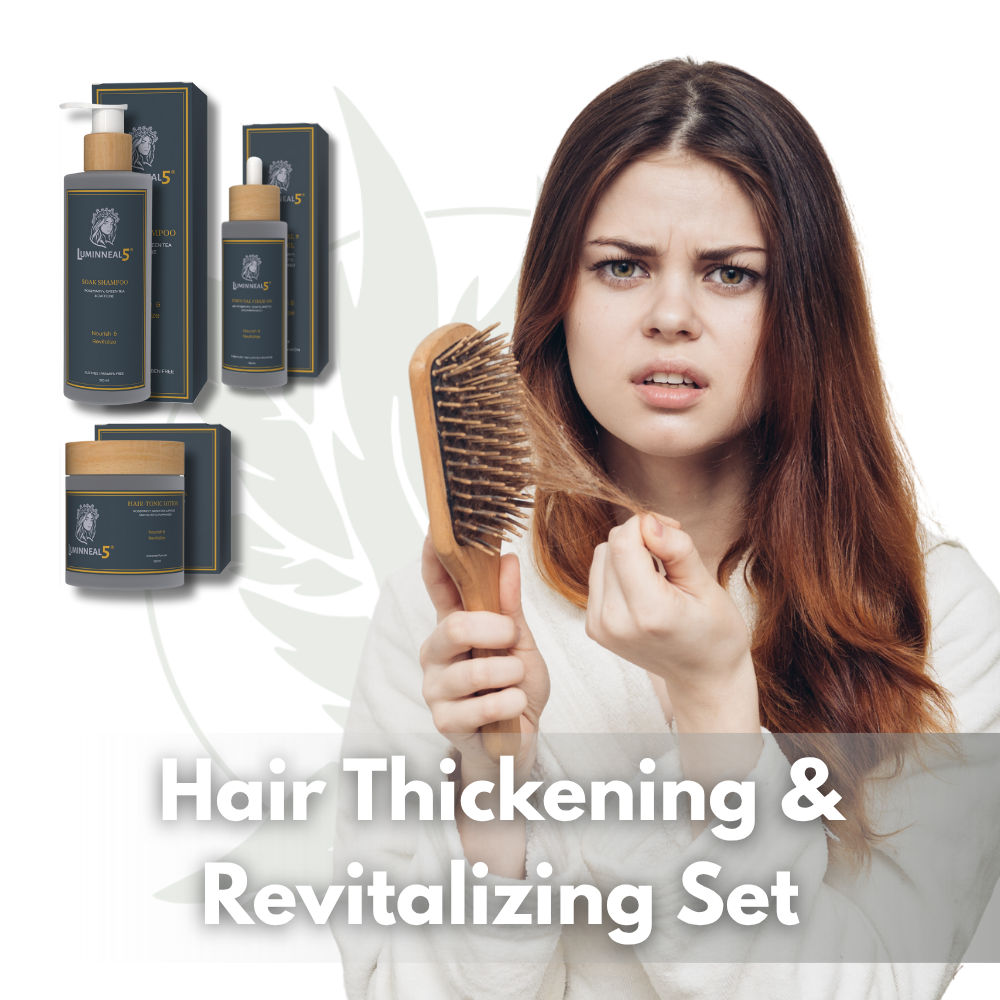
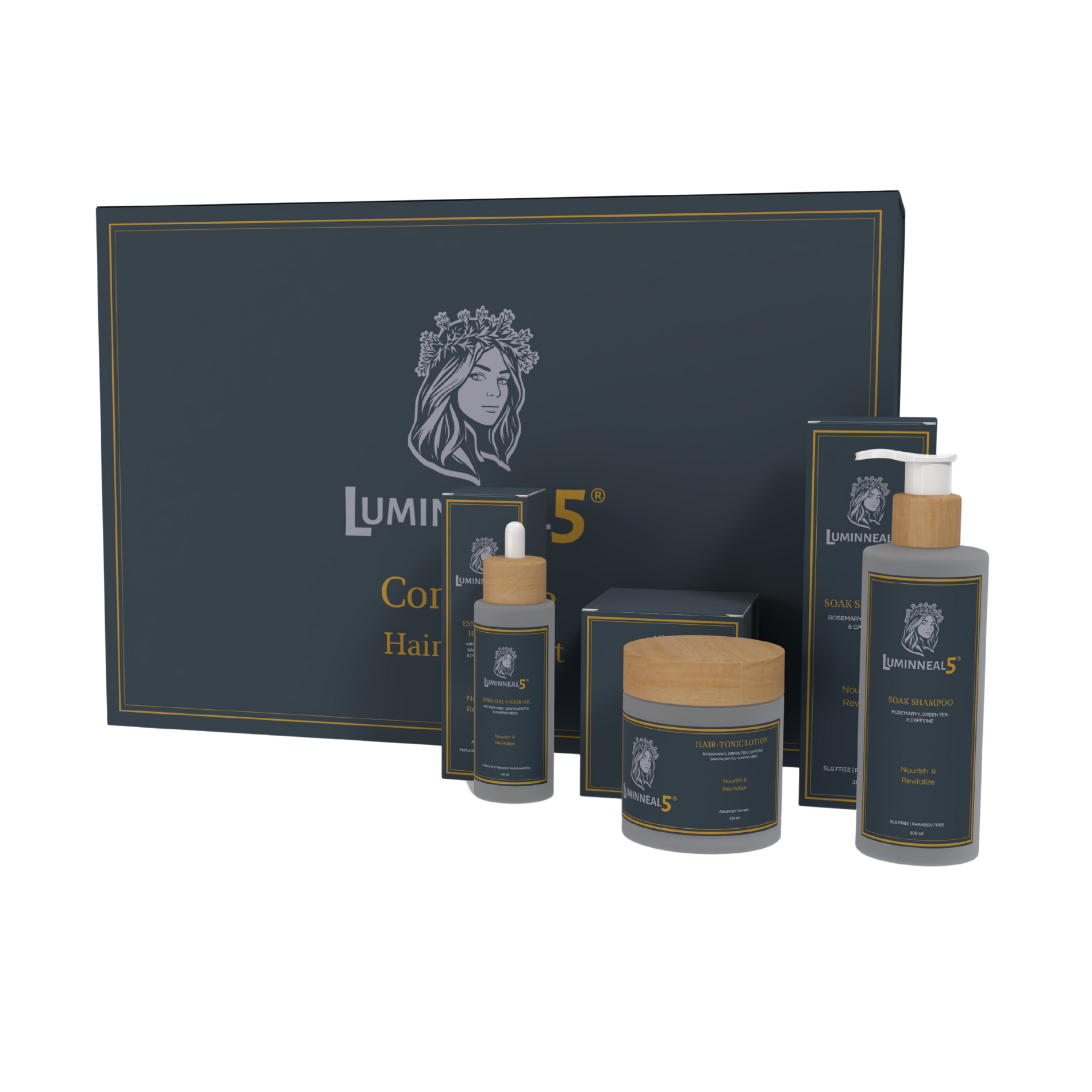

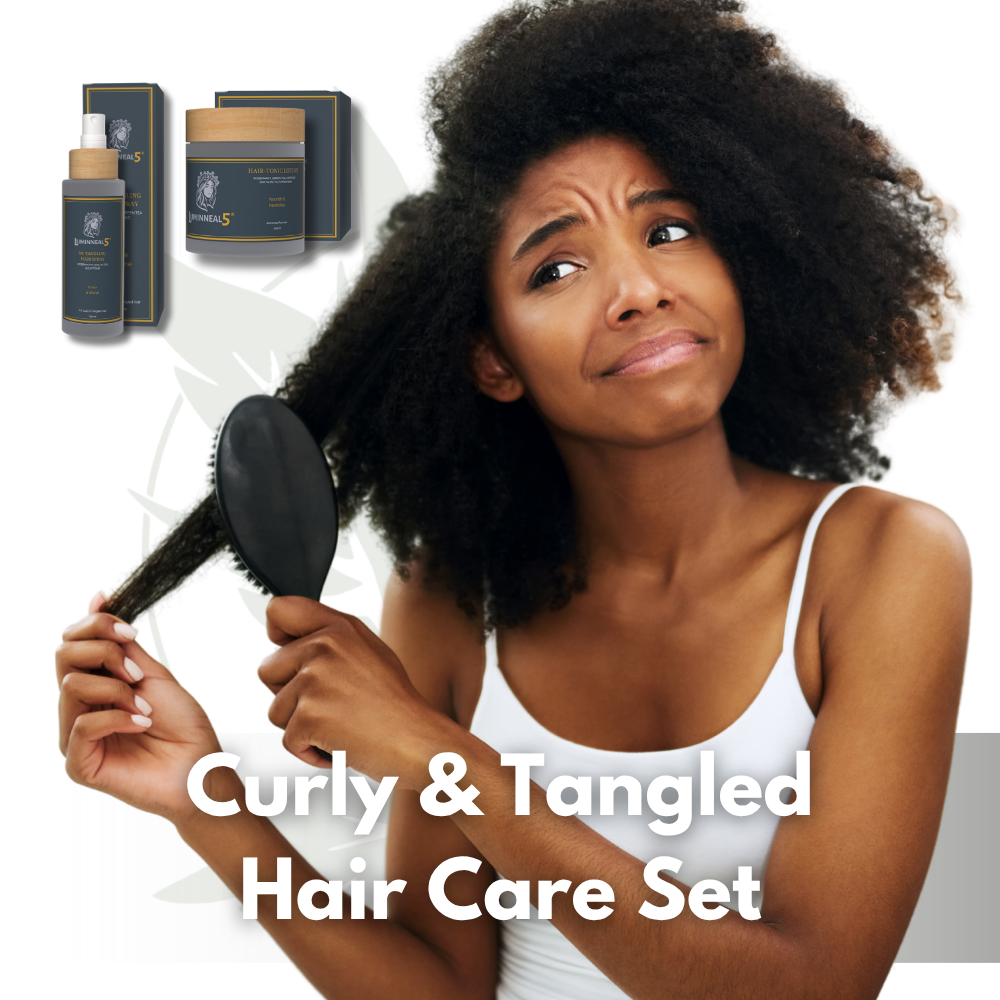


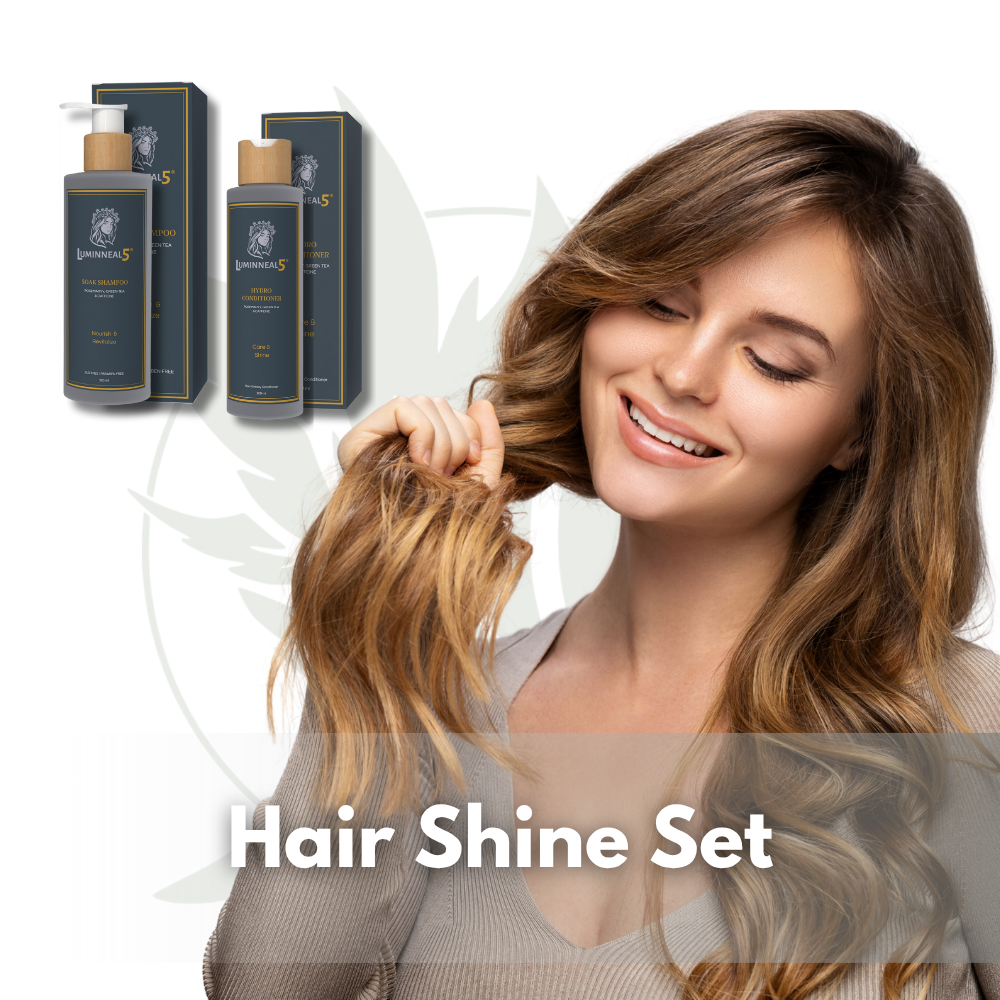



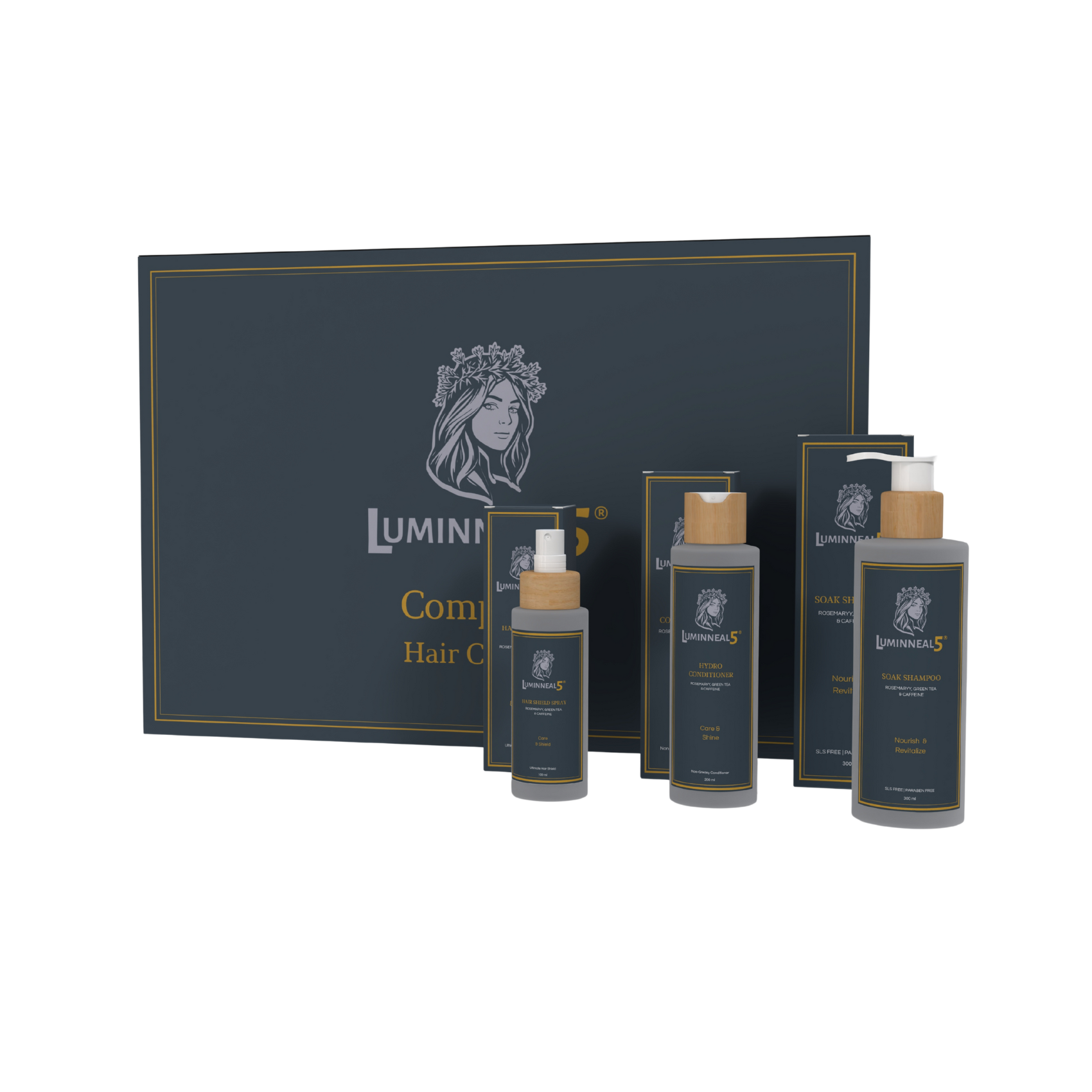
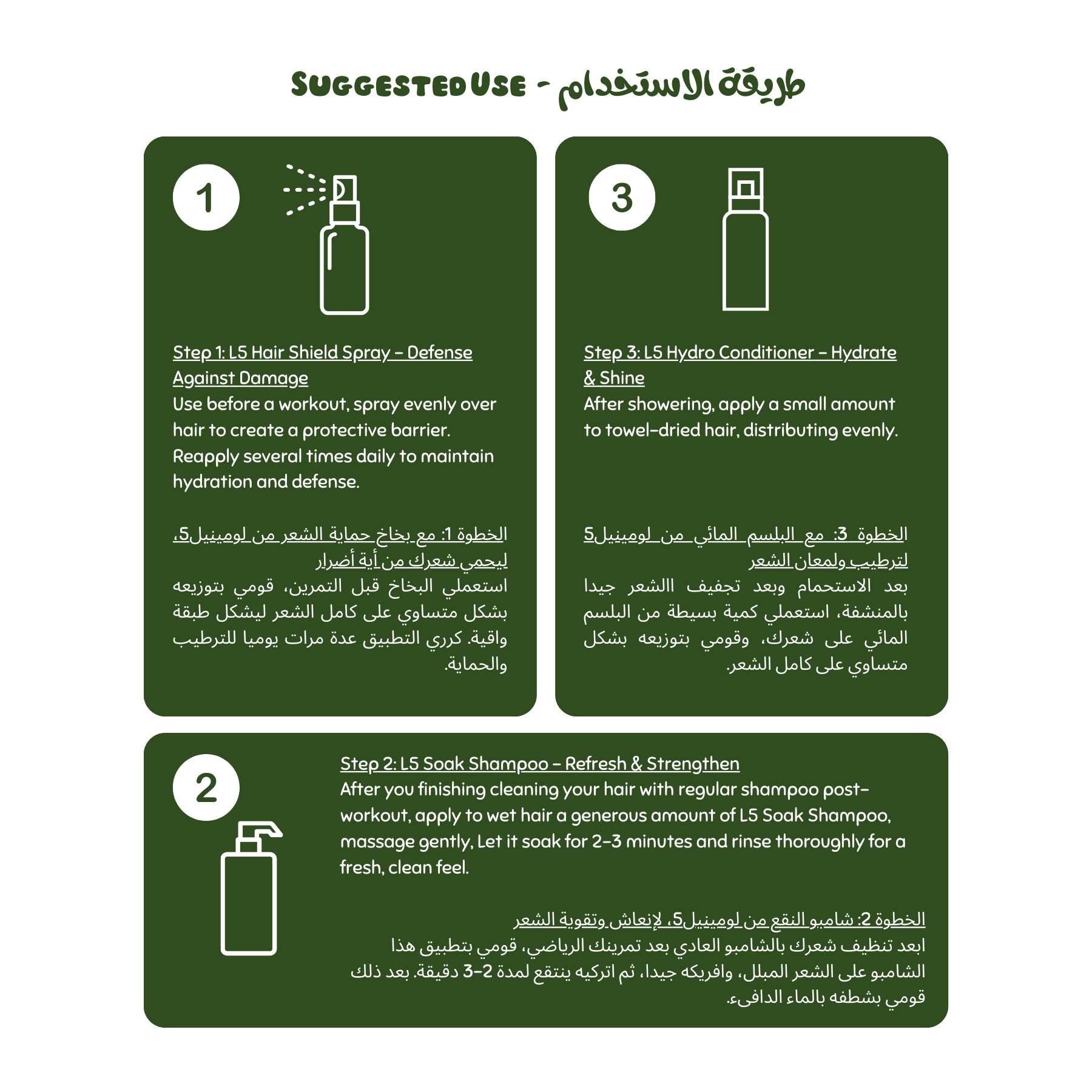
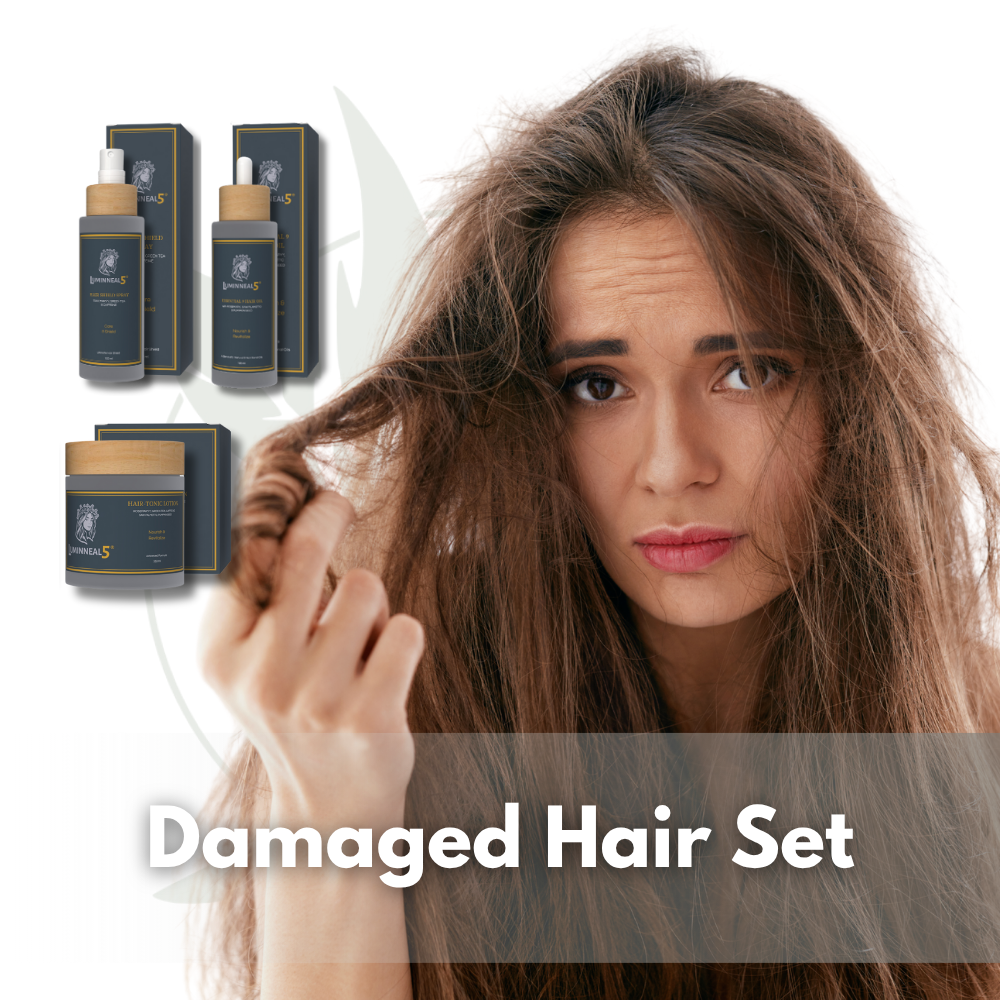
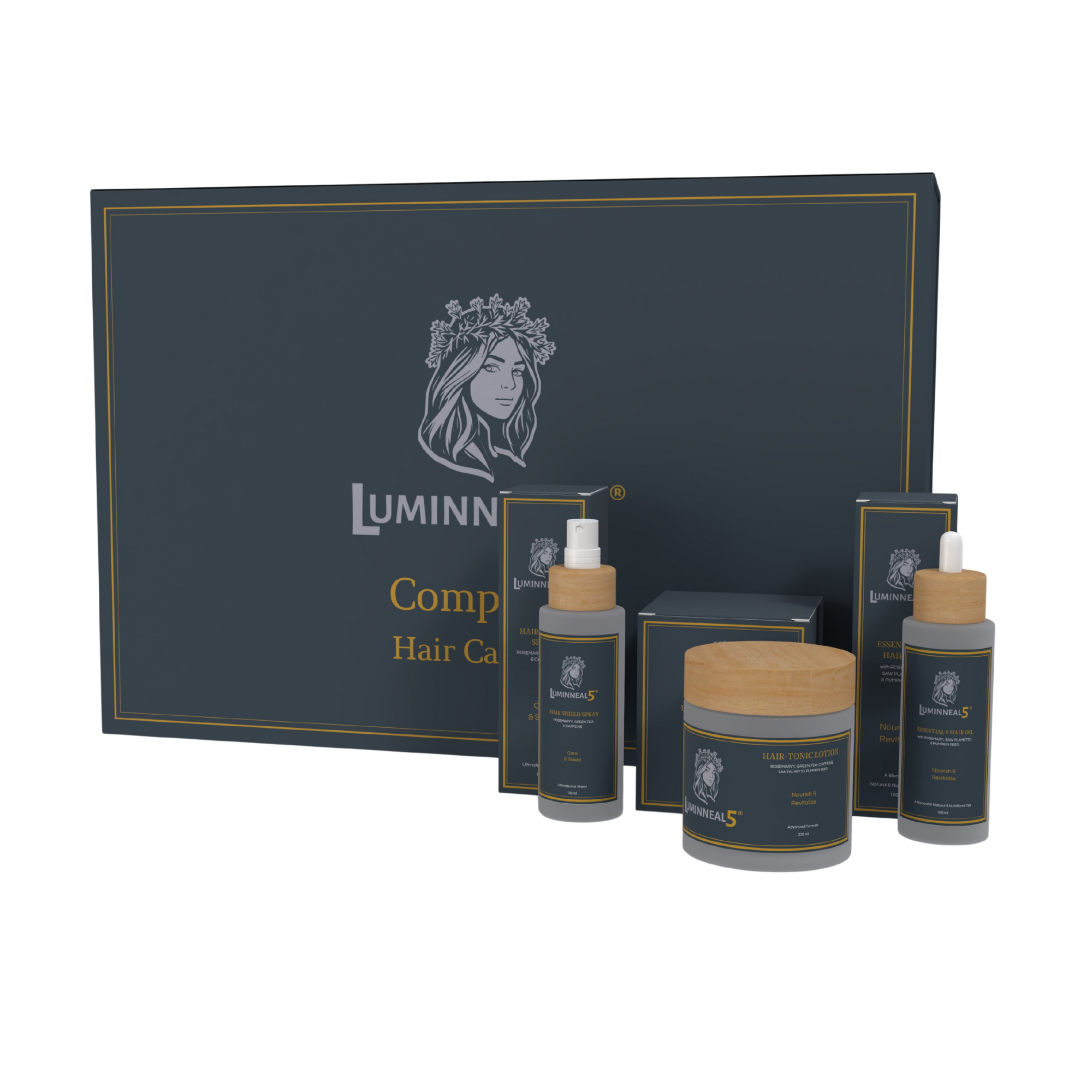























































0 comments